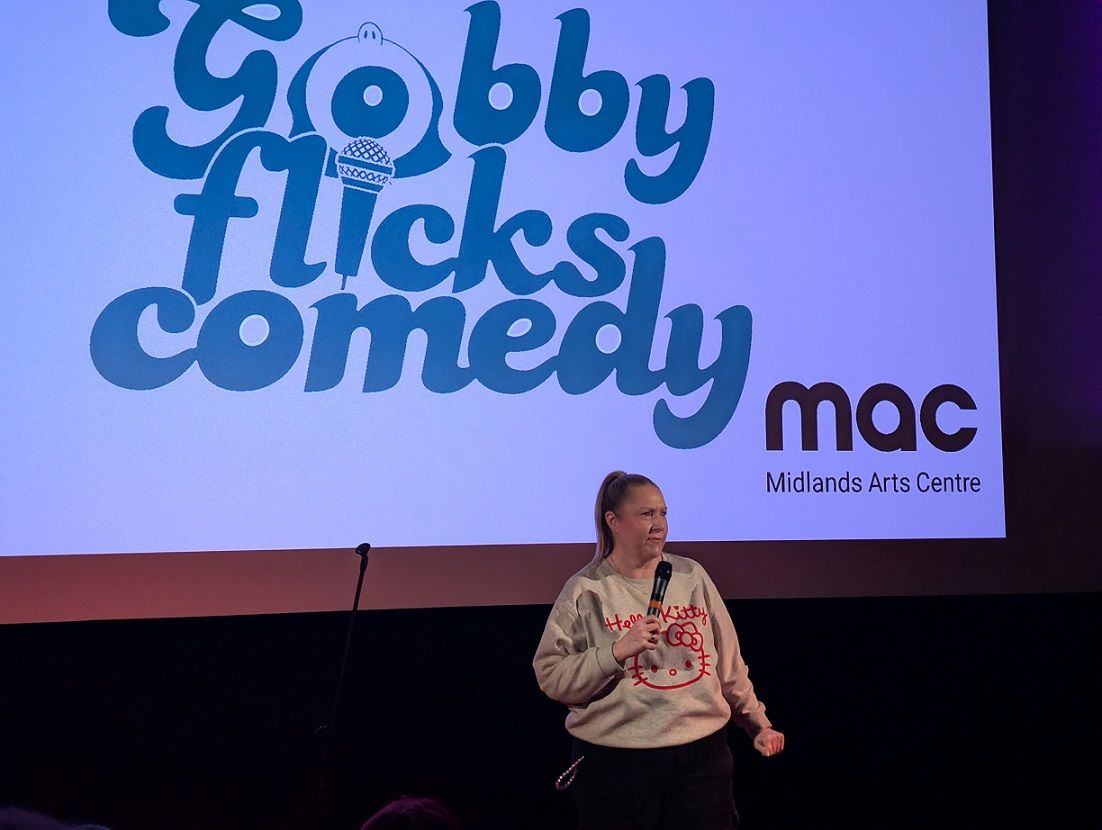Midlands Professional - Producer Caroline Spence
midlandsmovies • May 17, 2020
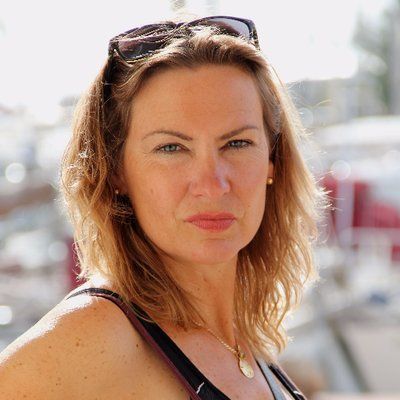
Midlands Professional - Producer Caroline Spence
Caroline Spence is a producer and screenwriter based in the Midlands and as part of our 'Professional' series we ask Caroline about her roles, experience and advice for readers interested in developing their career in this interesting and varied job.
Background
I am a screenwriter and feature film producer. I came to this profession fairly late in life as compared with other people in the business. Previously, I worked in various administrative roles in so many different industries that I’ve lost count, from law to the defence industry, accounting, finance and the mental health sector. All sounds impressive, but I was predominantly sat in front of a screen typing - always restless, always dreaming of breaking out and doing something else. In a way, this has been an advantage in my current profession – I know business, I know accounts, and I’ve met many people from many different walks of life, and so I have a wealth of inspiration to draw on when scouting for locations or writing new characters.
How Caroline got into film producing
I came to film producing through a series of events. I've been a writer since childhood and went on to write published articles based around natural history, science, and ancient history. In 2004, I was invited to appear on a TV show about international property as a realtor, because the actual realtor didn't want to appear on television! Although I knew little about selling properties abroad (in this case, Spain), I thought it would be a great experience. Unfortunately, when it came to the shoot, I wasn't too impressed by the (unprofessional) behaviour of the film crew. Nevertheless, this odd experience inspired me to write and present my own documentaries.
So, James Smith (director) and I set up Raya Films and we won a number of awards for our documentaries as well as enjoying sell-out theatrical screenings and international broadcast. We moved into commercial work and then experimented with short film, but it wasn't until I started penning screenplays that I knew I'd found my forte: feature film.
Training
I didn’t go to film school or go on any courses relating to the film industry. I learned on the job. As I already had over twenty years’ experience in a variety of industries, communication skills became ingrained in me, and I have become almost OCD with regard to organisation. In my opinion, these are two of the most important attributes to have as a film producer. I studied screenwriting religiously. I read (and continue to read) dozens of Hollywood screenplays. In the early days, I gained many tips from a highly-regarded screenwriting book (sorry, I seriously can’t remember which one!), I studied the screenplay for Ronin (1998) and The Firm (1993) on screen. I’ve been working toward achieving the standard of those two masterpieces ever since.
Experience in the film industry
In terms of feature film, there have been many ups and downs – there are many rogues in this industry and I’ve experienced my fair share of them. One of my first screenplays came to the attention of a sales agent/producer in Hollywood. We had various phone conversations – he loved the screenplay and was interested in working with us on it. Unfortunately, when he learned we hadn’t produced a feature film before he pulled out. This has been a repeated theme. The movers and shakers in the industry liked my screenplays, but with a lack of track record they didn’t take the risk. But the tide slowly tips in your favour if you keep going and build up experience - at last, my work is being taken seriously by established companies.
We came very close a few years ago with a movie set in Spain. I won’t go into detail but I had attached a named actor, a sales agent was coming onboard as executive producer, I had financiers … we were so close. Unfortunately, I brought in a producer to help me on the project who disrupted everything and caused setbacks. The film had to be put on hold. Despite this, I am now back in the driving seat. As a result of this experience, however, I am now very particular who I work with. In hindsight, this ‘producer’ did me the biggest favour ever: made me aware of rogues and the value of due diligence.
The demands from a filmmaker
Through experience, I am very strict on communication and insist people working on my projects tell me what they are going to do and who they are going to talk to before they do it. I’m not super-bitchy about this, just quietly insistent. I feel it’s important for all filmmakers to know exactly what the production team are doing – you, as a filmmaker, have worked hard to build up a solid reputation and good body of work and you can’t afford to be misrepresented to financiers, sales agents, producers or even your potential audience. It could set you back months or years.
Overcoming challenges
Shooting a film is like fighting fires – especially a zero/micro-budget one. Making Do Something, Jake – my debut feature - was tough. We had no budget for this production, so I had to wear many hats. As well as producer/production manager, line producer and screenwriter, I was script supervisor, location manager, sound technician, caterer and part-time driver. Many of our crew willingly doubled up duties as well, and even some actors lent a helping hand, which means a lot in terms of moral support for everyone. So every day was beset with problems or obstacles to overcome.
One of our locations was in a derelict pre-Victorian primary school. James, the director, asked me to prepare what was once a pantry, to shoot one of those scenes, and that meant sweeping up piles and piles of dead wasps. Not often found in the job description for a film producer.
Skills and experience
You need to multi-task and be mentally and physically fit because the whole process of filmmaking can be gruelling – with or without a good budget behind you. You need to be slick on communication. This is imperative, and in this day and age there is no excuse. You need to be able to get out of bed in the morning – if you don’t ‘do’ early mornings, go work in another industry.
You need to be tenacious. You will be knocked back time and time again, but you must bounce right back and turn those knocks, rejections , and criticisms into motivators. As Frank Sinatra said, “The best revenge is massive success.” I also read plenty of advice from other successful directors and industry professionals and take that onboard.
Advice to others
If you’re new to the industry, read as much as you can. Go on YouTube and watch as many ‘how to’ videos as you can, and then get as many screenplays as you can and read those. Whether you’re an actor, producer, director, editor, or clapper loader, it’s important to know all facets of the industry. Watch movies. All genres, from all decades and all nations. Become a movie geek. Study them and learn how to ‘read’ a movie.
After all the reading, watching movies, writing and studying, the only way to get anywhere is to go out and make a film. Thanks to Sean Baker (Tangerine, 2015) it’s now considered cool to shoot a movie on an iPhone, so take whatever you have and go and film something, learn from it, then go do it all again.
I learned invaluable lessons when producing and shooting Do Something, Jake not least about scheduling. Looking back, I realise that the schedule I drew up was incredibly tight - it's amazing we didn't run over-schedule. Full credit to the cast and crew for taking my gruelling demands in their stride. But I only learned this by doing it for real – learning from experience is the only way to progress.
Read about Caroline's latest project Do Something, Jake and check out Raya Film's site at https://rayafilms.wordpress.com/
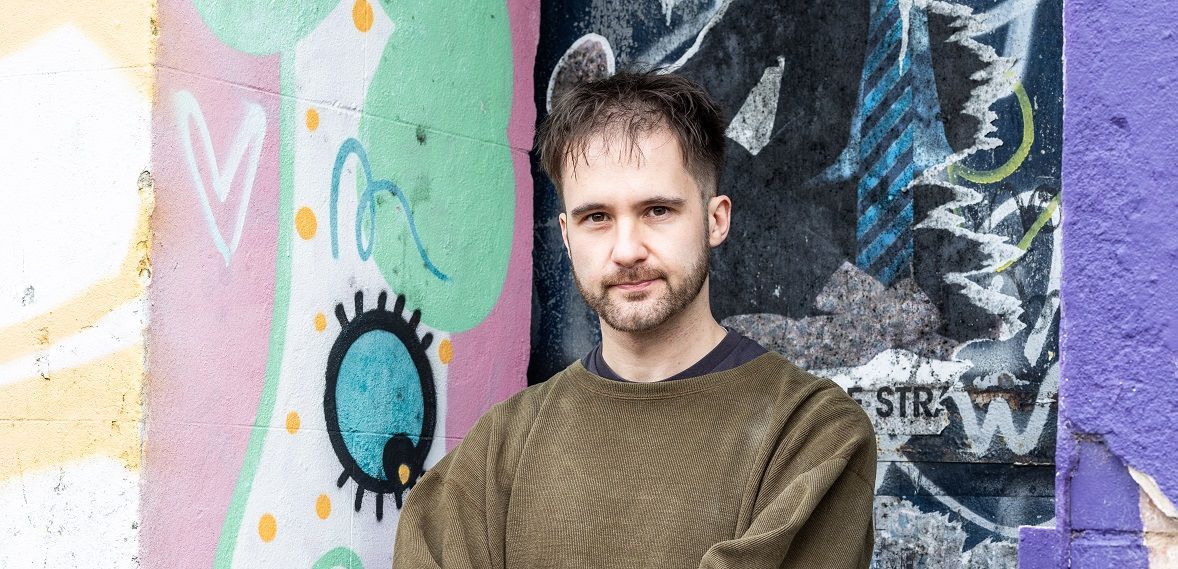
With a number of acclaimed films under his belt including Cosmo, Gone Fishing and The Morgue Party, Jonathan Hawes launches a new short, once again in his favourite genre of comedy. Midlands Movies Mike Sales speaks to the writer/director about his latest project, his influences and his plans for the film.
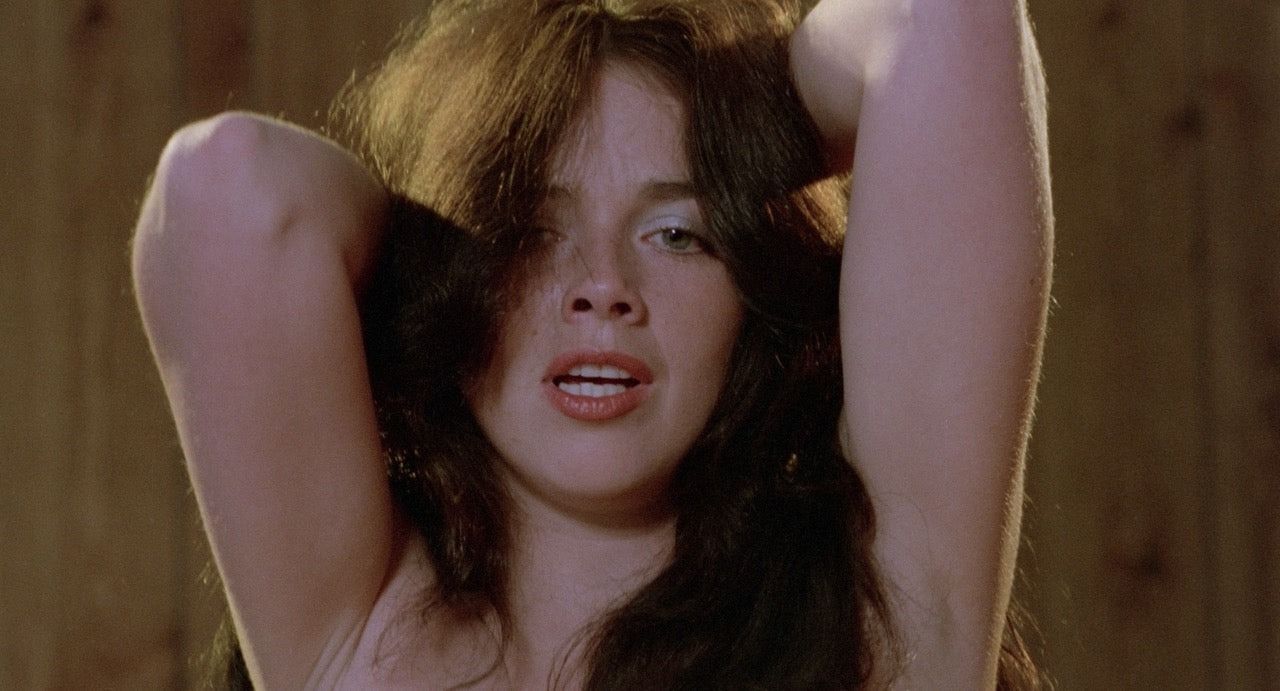
Up! (1976) Dir. Russ Meyer Well, bi-Adolf Hitler BDSM is not something (a) I thought I’d ever see 5 minutes into a movie and (b) ever expected to write in my lifetime to be fair but this spicy start is pretty standard for the work of exploitation filmmaker Russ Meyer. Up! is a kind of r*pe-revenge softcore p*rn film (there’s gonna be a fair bit of self-censorship in this review so apologies in advance), the type Meyer is known for. I’d describe the plot in more detail but it’s mostly a convoluted and incoherent mess of double-crossing, murder, violence and lots and lots of humping. In short, a man called Adolph gets murdered and a woman investigates (kinda) the circumstances but as she does so, a group of locals blackmail, attack and screw each other with the murder mystery barely mentioned throughout. With so little narrative, it could be argued if it’s essentially p*rn? To be fair, not far off. It’s about extreme as you can go without simply making a s*x film. Is that a…no, it’s a belly button hole. Bookending the film (and also seen at various points throughout) is a Greek Chorus - simply a busty fully nude woman of course - who delivers dialogue like “Pummelling the scrotum with joyous supplication” and other such poeticisms. This artistic flourish is mostly pointless - the actress herself saying the words were tough to learn because it was utter nonsense. On a technical level, the editing is surprisingly well done and the 4k image is frankly fantastic. Someone somewhere must be putting together a post-modern take about the beautiful landscapes and cinematography of Meyer’s * ahem * output. But it definitely does have a kitsch artistry. It has certainly provided plenty of cinematic influence though. Elements of Tarantino grindhouse sensibilities are on show - Meyers likes bosoms as much as Quents likes feet - and there’s even a leather gimp early on. I can also see how its had an impact on Ti West X’s with a focus on sexuality and the body as well, more obviously, Anna Biller’s feminist-twist The Love Witch (2016). Suffice to say it’s not for the weak of heart. I think in this day and age you can’t go into this completely blind to its style, period and context though. It's an X-rated Carry On style that was bad taste then and it’s bad taste now. It revels in its sleaziness without a single hint of shame or apology. Simply saying 'deal with it'. The main negative though is the absence of plot - if the film can even be looked at like that - which is barely present. This is a shame as the whole thing could do with a bit more coherence rather than endless shagging. But it’s far from titillation, it’s mostly clowning - albeit a very adult version of it. More saucy than sexy. Trying to review this through modern sensibilities is almost impossible. It’s as offensive can be from the first scene through to the final credits - heck even this 4k menu is simply one of the film's many s*x scenes. But there are some progressive themes as it doesn’t shy from confronting sexual freedom, bisexuality, gay sex, BDSM and consensual exploration. There's moments of comedy thrown in and I enjoyed a frankly hilarious 5-minute monologue explaining the culprit’s intentions, which was a ludicrous way to deliver a slasher-style ending. I suppose the main thing about Up! (and Meyers’ work overall) is there’s a sort of love it or loathe it quality about the whole shebang. But it’s so unlike anything being made today - for good or bad - that it’s never anything other than unpredictably fascinating. More explicit than most Meyers films - in fact more than any film - it’s a lewd, rude and crude (s)exploration with a satirical edge and campy enjoyment bouncing from every frame. ★★★ 3 / 5 Michael Sales Severin Films releases Russ Meyers' UP! (1976) and MOTORPSYCHO (1965) on 28 April 2025 in newly restored and scanned 4k with hours of new and archival Special Features https://severinfilms.co.uk/
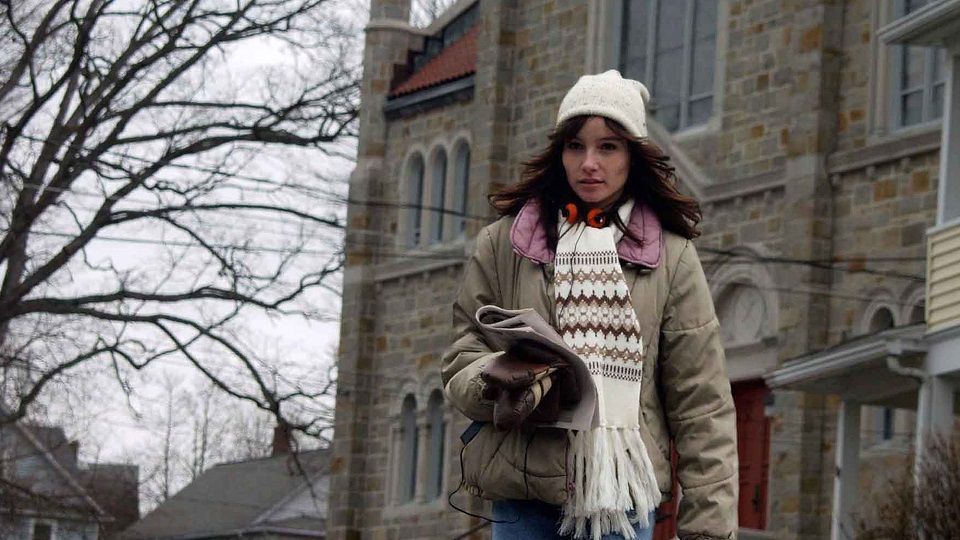
Ti West’s The House of the Devil makes a wonderful companion piece to his film The Innkeepers. Both maintain the director’s referential approach to horror, incapsulating it in a slow burning 90 minutes that manages to build and maintain tension while cheekily winking to the audience and showing the mechanisms behind the scares.
